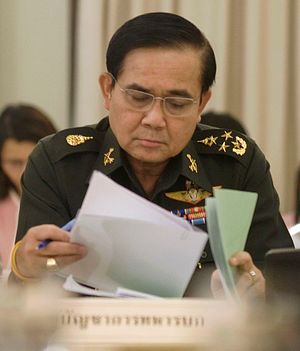Last week, Airbus Helicopters confirmed that it had received a new order from Thailand. Though this was just the latest in a series of transactions between it and the Southeast Asian state, the development nonetheless once again put the focus on Thailand’s ongoing efforts to strengthen its capabilities in this regard.
As I have observed before in these pages, while Thailand has a range of priorities in terms of building up its capabilities, among them has been helicopters, especially as Bangkok is looking to retire some of its previous aging equipment. And though Thailand has been looking to several sources for those needs, among those has been Airbus helicopters, following some of its fellow Southeast Asian neighbors, including Indonesia and Malaysia.
That has continued on over the past few years, even amid wider changes that have occurred since a coup in May 2014 brought to power a government led by Prime Minister Prayut Chan-o-cha. Among the manifestations of this has been several orders for H22M multirole helicopters that were placed in 2012, 2014, and 2016.
Last week, this aspect of Thailand’s defense capabilities was in the headlines again with a contract signing for new helicopters. Thailand reached an agreement for six Airbus helicopters to be used for pilot training.
Per an announcement by Airbus issued on February 12, the agreement was for six Airbus Helicopters H135 rotorcraft to be used for pilot training. The company did not disclose further specifics about the deal, including the total contract value.
According to the company, the RTAF helicopters are expected to be equipped with several features, including a new Helionix avionics suite, two external cameras, tactical systems and the Euronav7 moving map, air-conditioning systems, tinted windows, and height-adjustable pilot seats.
The new helicopters are expected to be delivered to Thailand starting from 2021 as of now. Once delivered to Thailand, indications are that the helicopters will be used by the RTAF for various purposes, including ab-initio and other pilot training requirements.
To be sure, it is difficult to forecast the true significance of this deal at this stage given the lack of details so far as well as the fact that it is yet to be delivered and utilized by Thailand. Nonetheless, given Thailand’s longstanding efforts to address this aspect of its capabilities as well as the desire on Bangkok’s part for the deal, its progress will be key to watch in the coming years amid wider trends and developments.

































